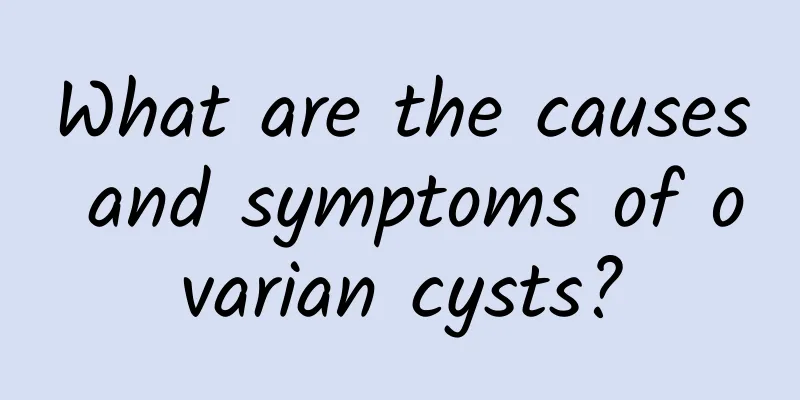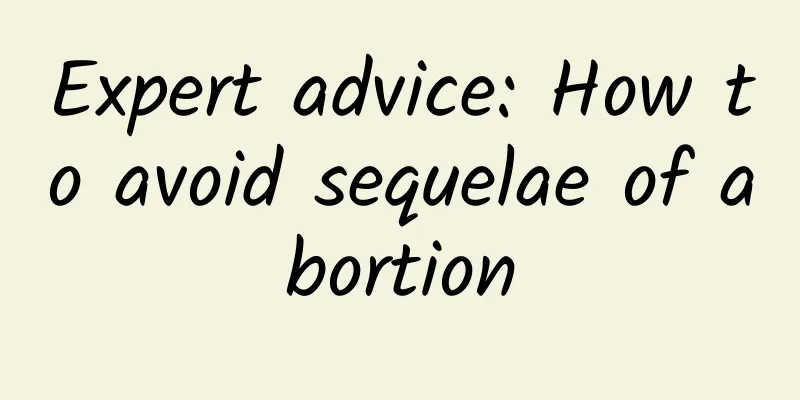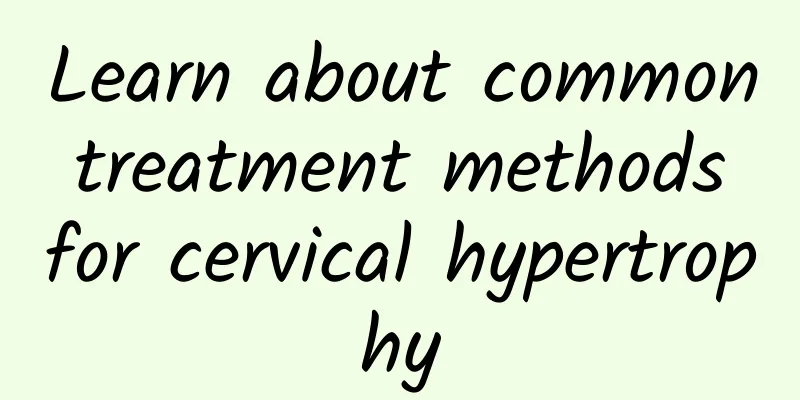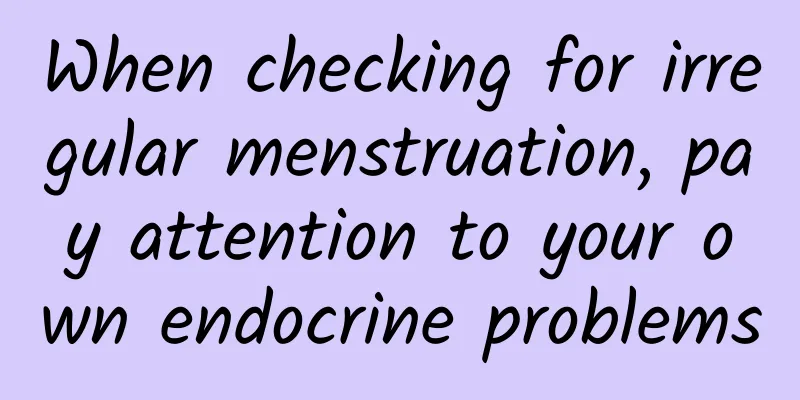What foods should not be eaten for spontaneous uterine fibroids? Foods that are prone to recurrence of uterine fibroids

|
What can't you eat for spontaneous uterine fibroids? This is a question often asked by many women with uterine fibroids. Uterine fibroids are a common gynecological disease that has a great impact on women's quality of life and fertility. In order to better manage and prevent the recurrence of uterine fibroids, it is particularly important to understand the foods that should be avoided. For patients with spontaneous uterine fibroids, high-fat foods should be avoided as much as possible. A high-fat diet will increase the level of estrogen in the body, and estrogen is one of the main factors that cause the growth of uterine fibroids. Therefore, excessive fat intake will aggravate the symptoms of uterine fibroids and increase the risk of recurrence. Patients should avoid eating too much high-fat foods such as meat, butter, cheese, and especially fried foods such as fried chicken and French fries. Progesterone is another important factor in the growth of uterine fibroids. Therefore, patients with spontaneous uterine fibroids should avoid foods containing artificial progesterone. These foods include meat, milk and dairy products containing artificial hormones, such as chicken, pork, milk, cream, etc. Some artificial seasonings and canned foods may also contain progesterone, so patients should read food labels carefully and try to choose fresh organic foods. In addition, excessive caffeine intake can also stimulate the growth of uterine fibroids. Caffeine is a stimulant that can increase the metabolism and excretion of estrogen, thereby promoting the development of uterine fibroids. Therefore, patients with spontaneous uterine fibroids should limit their caffeine intake. Generally speaking, the daily caffeine intake should not exceed 300 mg. This is equivalent to about one cup of regular coffee or two cups of tea. It should be noted that each person's situation is unique, so the patient's dietary needs will also be different. It is recommended that patients with spontaneous uterine fibroids consult a professional doctor or nutritionist about diet to understand the dietary habits and restrictions that are suitable for them. In addition to avoiding certain foods, it is also necessary to pay attention to the intake of balanced nutrition and increase the intake of fruits, vegetables, grains and fiber, which can help improve the symptoms of uterine fibroids. What can't you eat if you have spontaneous uterine fibroids? Understanding these food restrictions can help patients better manage and prevent the recurrence of uterine fibroids. However, dietary management is not the whole of uterine fibroid treatment. For patients with severe symptoms, medication or surgery may be a better choice. If you have doubts or confusion, you should consult a gynecologist in time to get professional treatment advice. |
Recommend
What is the reason for thin people to get uterine fibroids? Is there a relationship between body weight loss and uterine fibroids?
What is the reason why thin people get uterine fi...
To prevent cervical erosion, you must pay attention to understanding the cause
We often encounter patients with cervical erosion...
Uncovering the culprit of the Nanning high school food poisoning case: crispy fish sticks
The nutritious lunch provided by the central kitc...
Do you know what causes menstrual disorders?
Do you know the causes of menstrual disorders? Do...
What are the menstrual symptoms of premenopausal women?
Women start menstruating during puberty, around t...
What are the disadvantages of uterine fibroid embolization? How is uterine fibroid embolization treatment?
What are the disadvantages of uterine fibroid emb...
How to avoid another ectopic pregnancy
How to avoid another ectopic pregnancy? To avoid ...
What Chinese medicine can't be eaten for uterine adenomyosis? What food and fruit can't be eaten for uterine adenomyosis?
Uterine adenomyosis is a common gynecological dis...
What are the symptoms of pelvic inflammatory disease and how to prevent and treat it
Symptoms of pelvic inflammation generally include...
5 types of drinks that women with dysmenorrhea should avoid during menstruation
Many women have to endure the great pain of dysme...
What are the common misunderstandings in the treatment of vaginitis?
In recent years, many of our female friends have ...
How to completely cure pelvic peritonitis
Many women are very distressed when they suffer f...
Experts explain the causes of uterine fibroids in women
In real life, some female friends suffer from ute...
How to treat multiple ovarian cysts?
Although more and more attention is paid to the m...
Transverse abdominal muscle = natural abdominal corset to relieve low back pain
Once the back pain strikes, it is extremely painf...









